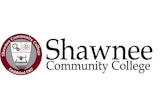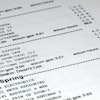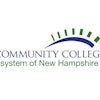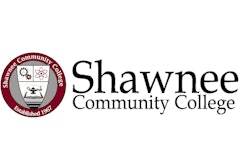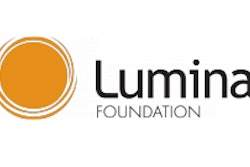HONOLULU — A project that took Hawaii students a year to create was part of the payload of a suborbital rocket carrying student experiments into the atmosphere that NASA says it has lost.
The rocket launched from the Wallops Flight Facility in Virginia August 17 and flew about 95 miles above earth, but wasn’t recovered from the Atlantic Ocean as planned.
The 20-foot-long tube atop the rocket carried high-definition cameras, various gauges, and antennas designed by students from universities and community colleges across the country.
One experiment package, called Project Imua, was created by 16 students from University of Hawaii’s community colleges in Honolulu, Windward, Kapiolani and Kauai. Eight students traveled to Virginia for the launch.
The group had spent the last year working on their package, which was outfitted with microcomputers and tiny cameras capable of capturing images and video.
NASA spokesman Keith Koehler said that data was received from most of the students’ experiments but the instruments were lost on the return.
“We don’t know why we couldn’t find it,” he said. “It’s a big ocean. They’re going to have go through the data and determine what happened.”
Despite the mishap, the students say they are still grateful to have been part of the experience.
“I’m not entirely bummed, because it doesn’t speak to the whole experience. It just speaks to one part of it and we knew this was a possibility,” Madori Rumpungworn, a Windward Community College student, told the Honolulu Star-Advertiser. “Overall, I’m still really happy and excited to have this opportunity and this whole experience.”
Project manager Joe Ciotti, a professor at Windward Community College, said he doesn’t view the mission as a failure.
“This is real rocket science. There are great risks involved, calculated risks,” Ciotti said. “It’s part of the field that we’re in. If you’re not willing to take risks, then you’re not an explorer.”
Project Imua was funded by a two-year $500,000 grant awarded to the Hawaii NASA Space Grant Consortium by the NASA Space Grant Competitive Opportunity for Partnerships with Community Colleges and Technical Schools.
